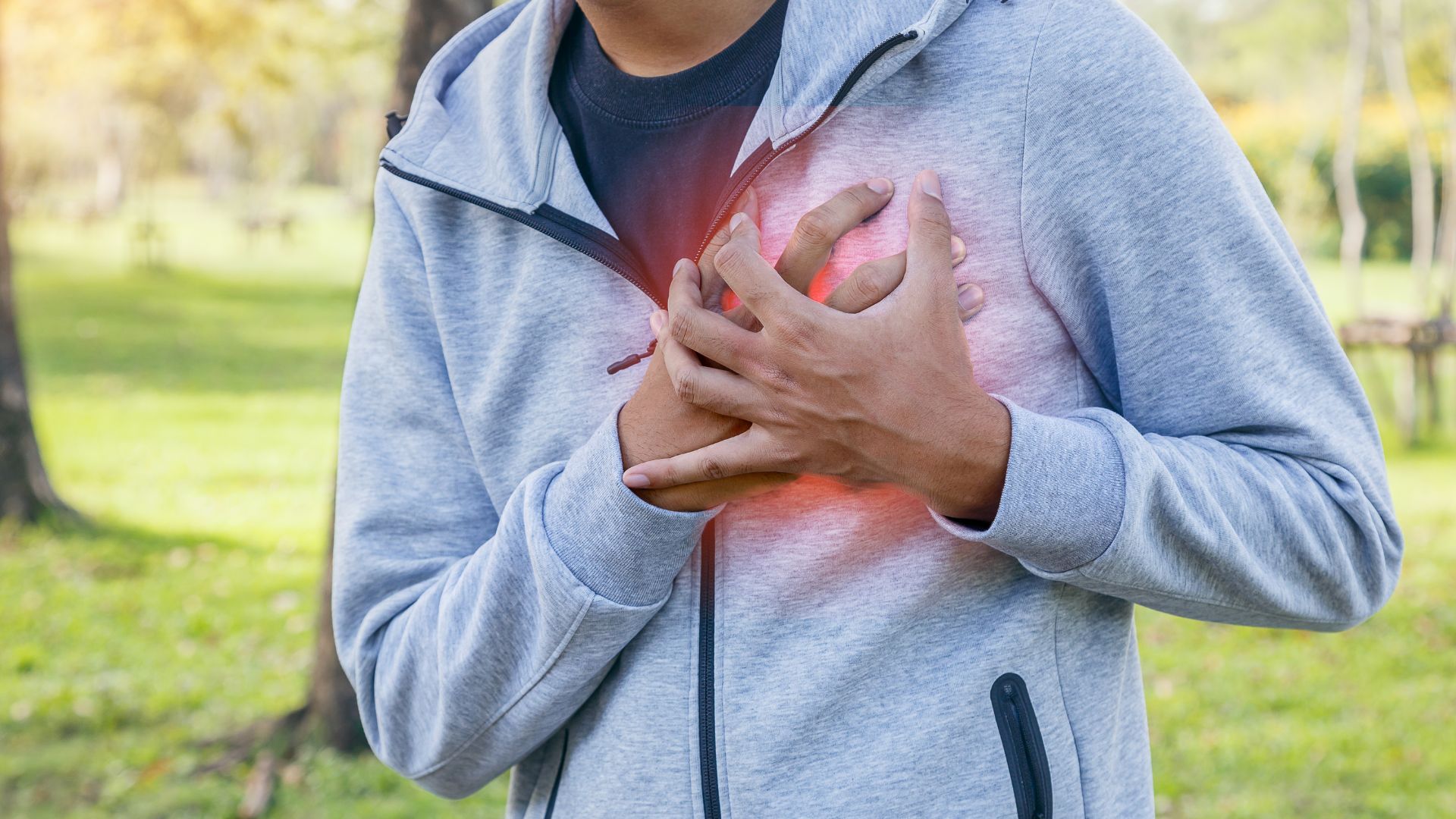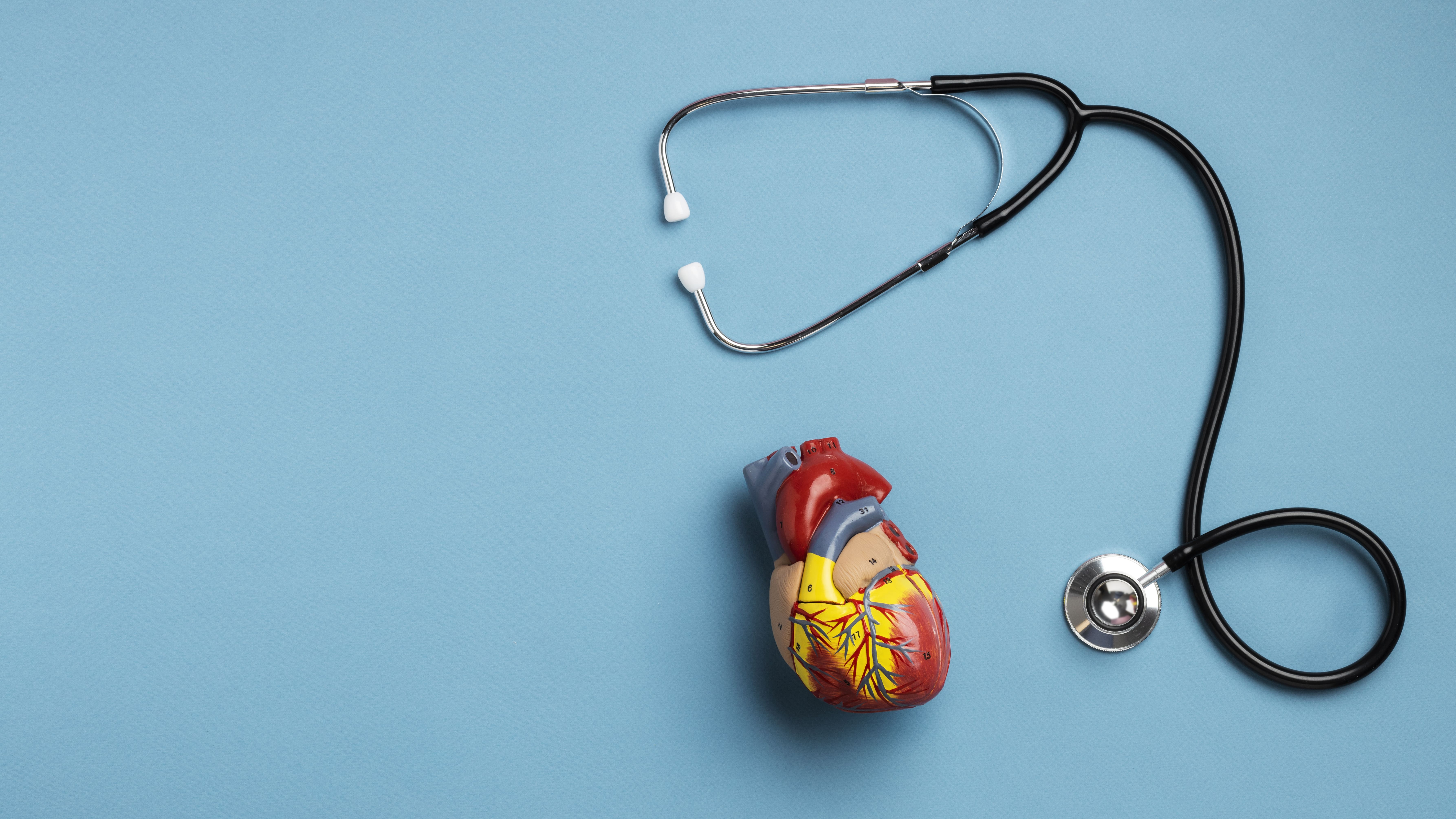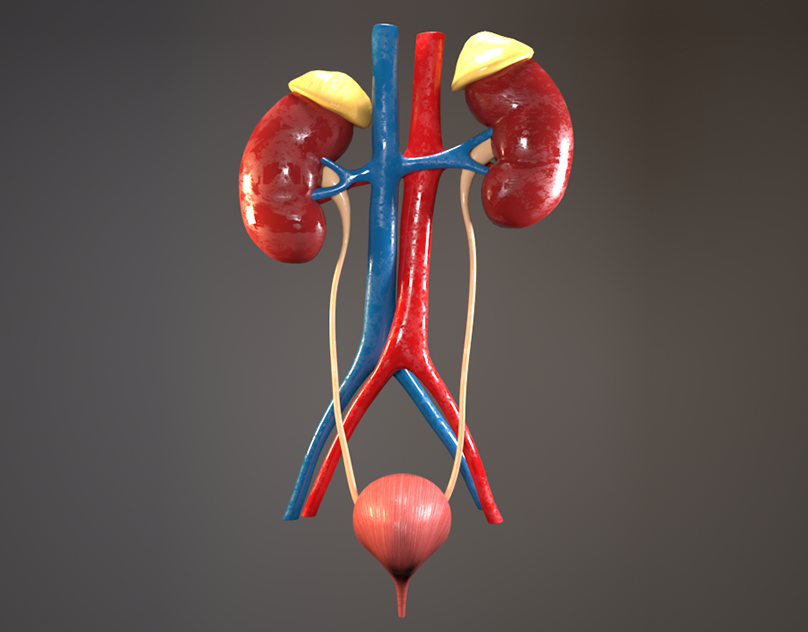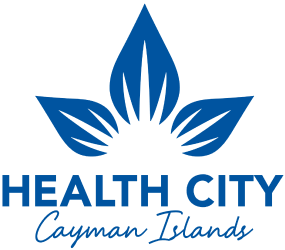
Driving Hygiene: A Guide to Preventing Accidents and Staying Safe on the Roads
January 20, 2025
Every year, countless lives are lost or impacted by road accidents that could have been avoided with simple, mindful practices. In 2024,the Cayman Islands experienced over 600 road traffic accidents, tragically claiming nine lives. As a society, it’s essential to embrace good driving habits and road awareness to ensure the safety of everyone. Dr Hosmane Swaroop Rao, Emergency Medicine Physician at Health City, calls this concept Driving Hygiene—a comprehensive approach to maintaining safe and responsible behaviour on the road. He shares the following tips for how you can incorporate it whenever you use the road.
- Follow Driving Rules and Regulations
Adhering to traffic rules is not just about avoiding fines; it’s about protecting lives. Always respect speed limits, obey traffic signals, and prioritise safety over shortcuts.
- Avoid Driving Under the Influence
Driving after consuming alcohol or drugs impairs your judgment and reflexes, putting everyone on the road at risk. Plan ahead by designating a sober driver or using alternate transportation if you plan to drink.
- Rest Well Before Driving
Fatigue is one of the leading causes of road accidents. Avoid driving when you’re sleepy or after a long night shift. If you feel drowsy while driving, pull over and rest before continuing.
- Start Early and Avoid Rushing
Running late often leads to reckless driving, speeding, and poor decision-making. Plan your journey with ample time to reach your destination and be mindful of peak traffic hours when scheduling your travel.
- Maintain Safe Distances
Always keep a safe distance between your vehicle and the one ahead of you. This allows you enough time to react in case of sudden braking or unexpected obstacles.
- Use Proper Signals
Turn signals are a critical part of safe driving. Always use them to indicate your intentions to other drivers, whether you’re changing lanes or taking a turn. Drivers often neglect this habit over time, but it’s a simple yet vital aspect of road safety.

- Practice the Mirror-Signal-Manoeuvre (MSM) Technique
Before changing lanes or turning, always check your mirrors, use the appropriate signal, and execute the manoeuvre cautiously. This technique ensures you’re aware of your surroundings and reduces the risk of collisions.
- Wear Safety Gear on Two-Wheelers
If you ride a two-wheeler, always wear a helmet and ensure it’s strapped securely. Reflectors and other visible accessories can help make you more noticeable to other drivers, especially in low-light conditions.
- Be Visible and Cautious as a Pedestrian
Pedestrians also play a role in road safety. Wear bright or reflective clothing when walking at night, use pedestrian crossings, and follow traffic signals to ensure your safety and that of others.
- Respect Pedestrian and Cyclist Rights
Drivers should always yield to pedestrians at crosswalks and give adequate space to cyclists. Sharing the road responsibly is a hallmark of good Driving Hygiene.
The Impact of Driving Hygiene
By following these practices, you’re not only protecting yourself but also contributing to the safety of everyone on the road. Accidents don’t just affect individuals—they impact families and communities. Good driving and road habits reduce the likelihood of emergencies, minimise traffic congestion, and save lives.
Let’s make Driving Hygiene a standard we all follow. Together, we can prevent unnecessary trips to the emergency department and create a culture of safety on our roads.













